Let me tell why I choose older, rather than old.
Everyone is growing older, but not everyone grows old. From the moment you are born you are growing older everyday. After you pass certain milestones in your life you either gain skills, privileges and health or you lose skills, privileges, and good health.
For example, at age 11 to 13, you reach puberty and gain certain privileges as well as unique changes to your body. At the age of 16, you are eligible to drive a motorized vehicle. When you turn 18, you can join the military and vote, you can also marry (if you choose) with no one's approval. At 21, you are considered an adult and all that goes with adulthood.
When you turn certain ages after age 21, a lot depends on your health and what you have done to take care of your body. Youth is forgiving, adulthood not so much. However, once you cross over into your 50's it is vital that if you have not taken care of your body (and mind) that you do so now and don't stop.
It can make the difference in living a full active life of independence until your nineties or spending your remaining years bent over, taking medications, and possibly living in a facility that provides everyday care for you. Which one do you want?
A few days ago I found this meme.
(Yes, whoever created this meme used the word "woman" instead of "women", but you still get the idea.)
The lady on the left is "older", the lady on the right is "old".
If you don't take care of yourself with a healthy diet, daily exercise, and mental challenges, you will end up like the lady on the right. She is frail, slumped over, and requires a walker. Most likely she is not as happy as she could be.
If you do take care of your mind and body, you could end up like the lady on the left. Strong, straight, walking and maybe jogging, and able to think clearly.
(The lady on the left is Ernestine Shepherd. She didn't start bodybuilding until she was 56 years old! She started because she was trying to encourage her sister who had developed health issues. After her sister passed away, she kept bodybuilding and according to the Guinness Book of World Records, became the oldest living body building competitor in the world.)
The lesson I continually drive home in my blogs is that in order to remain independent in old age, you MUST take care of your body and mind. Staying active by walking everyday is a minimum!
So, when it comes to being old or older, I choose older. Everyone gets older.... I refuse to get old.
It's your choice! What will you choose? OLD or OLDER?
XOXO
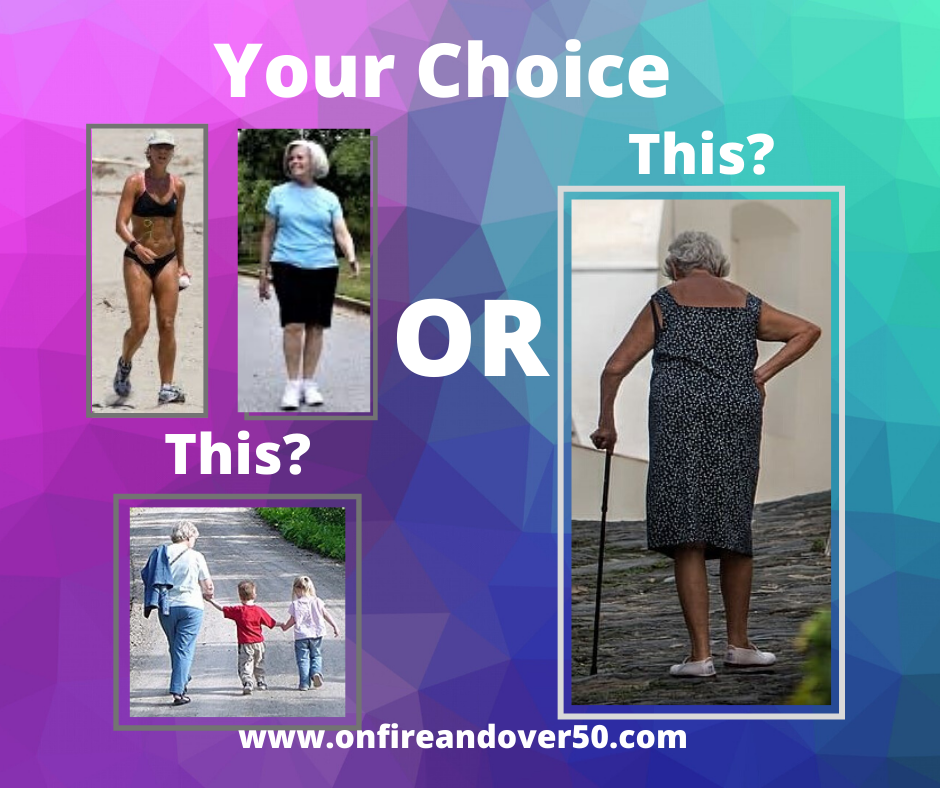
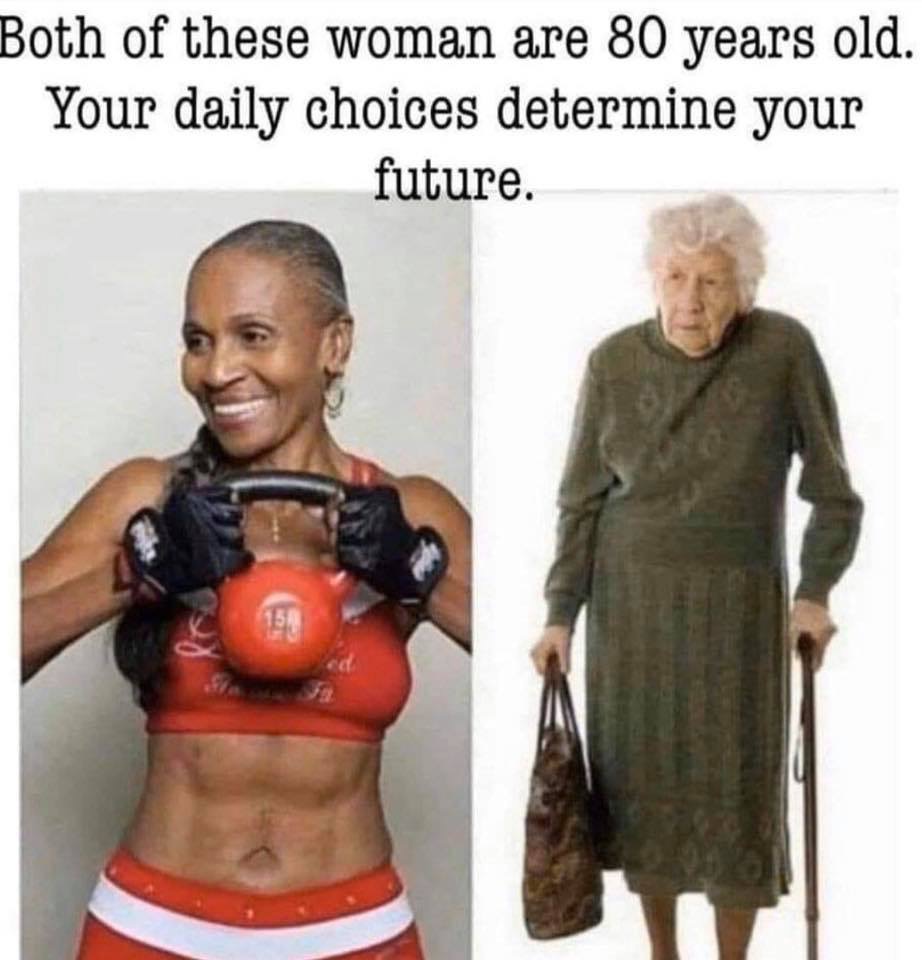
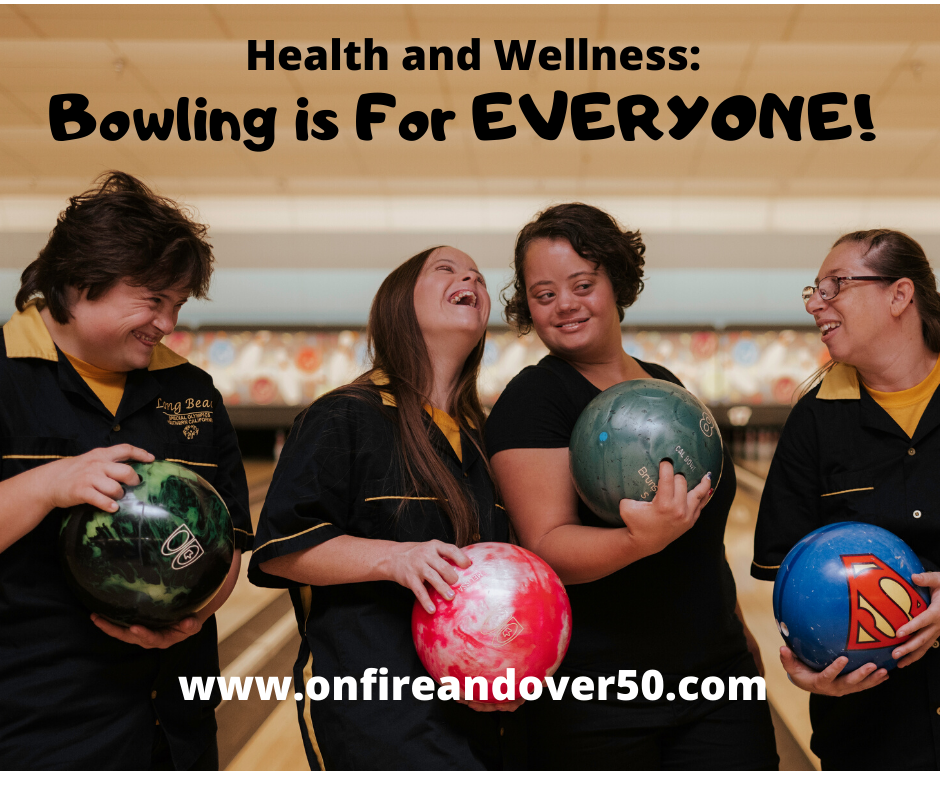
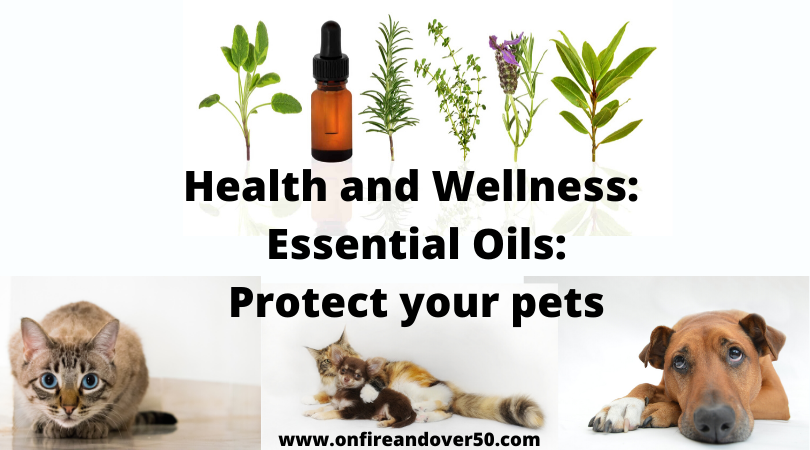




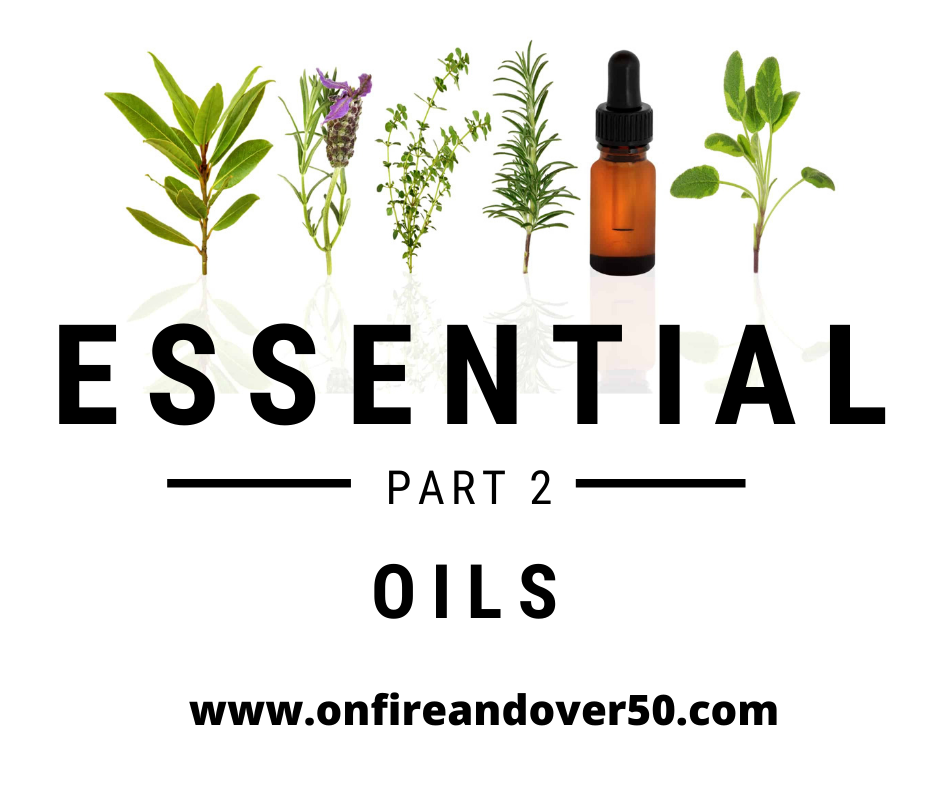
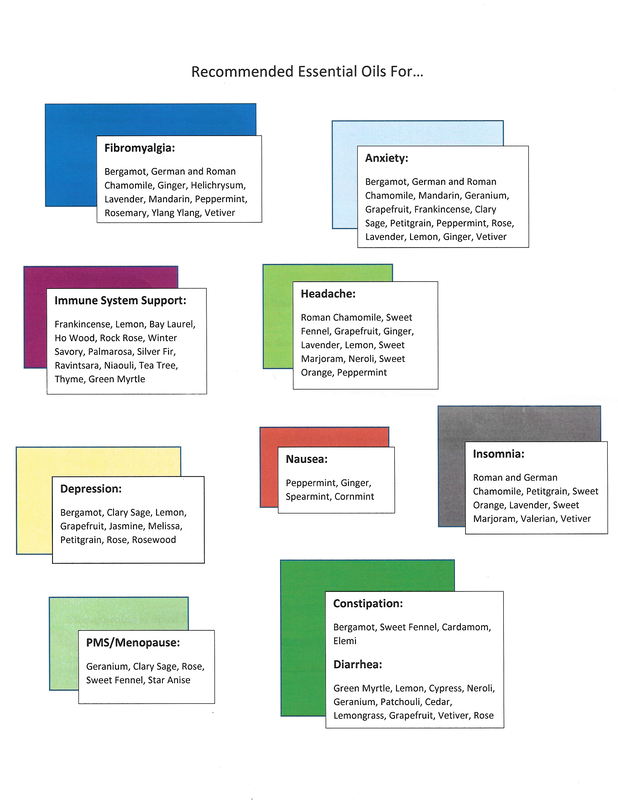
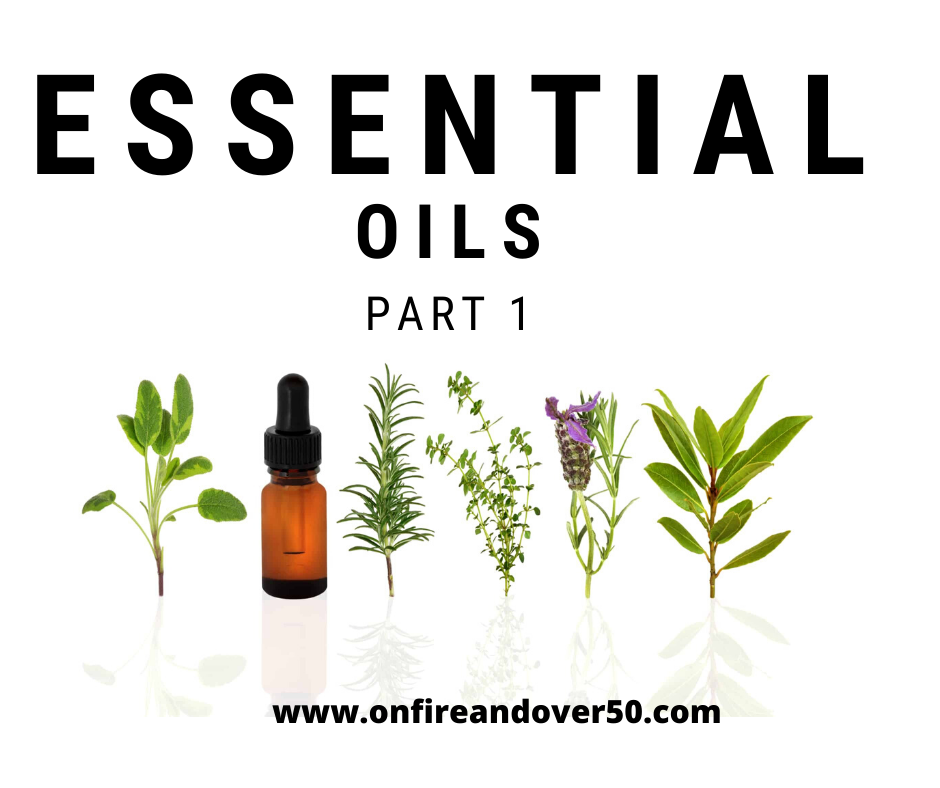
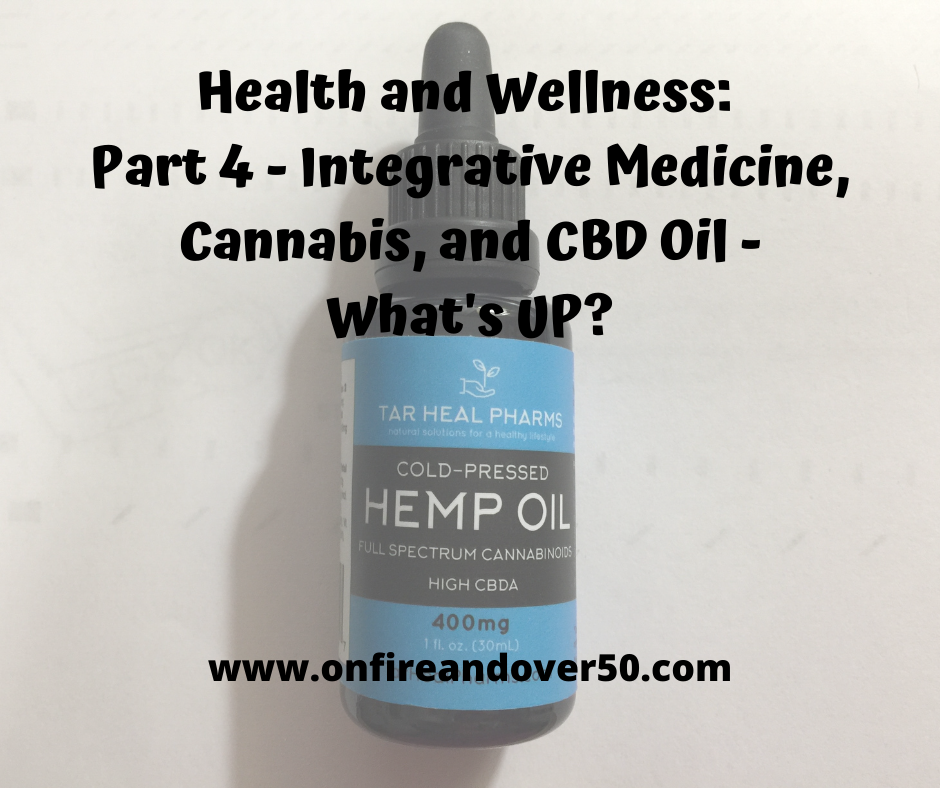
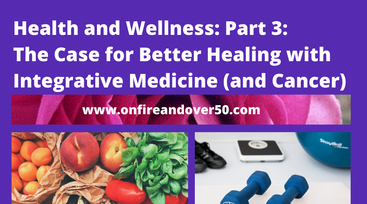
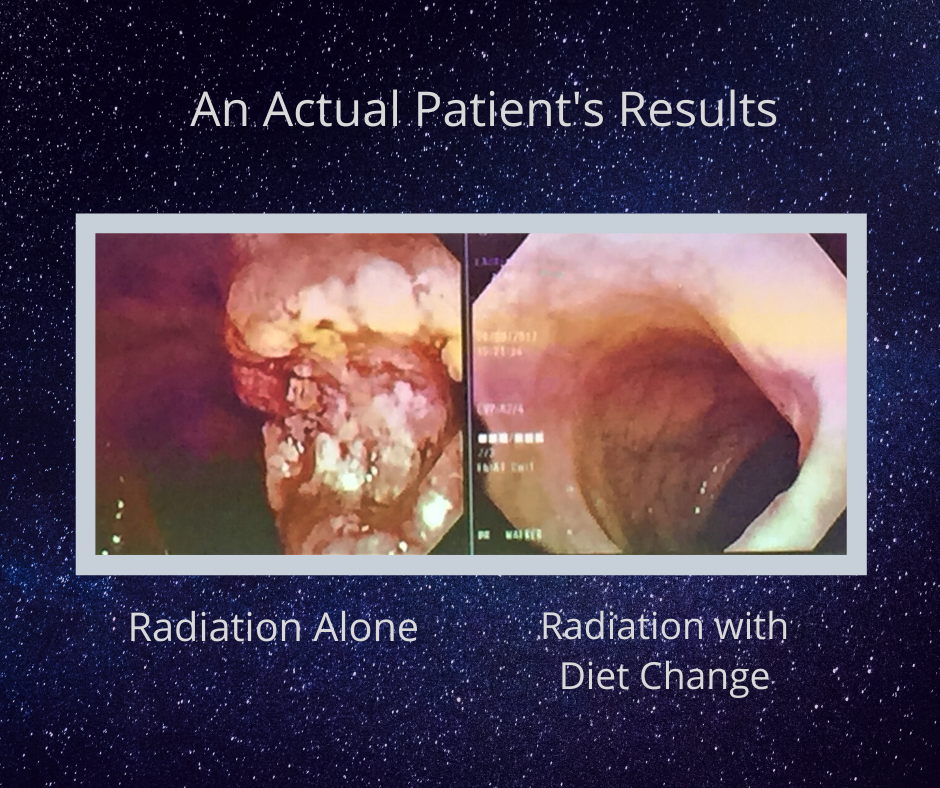
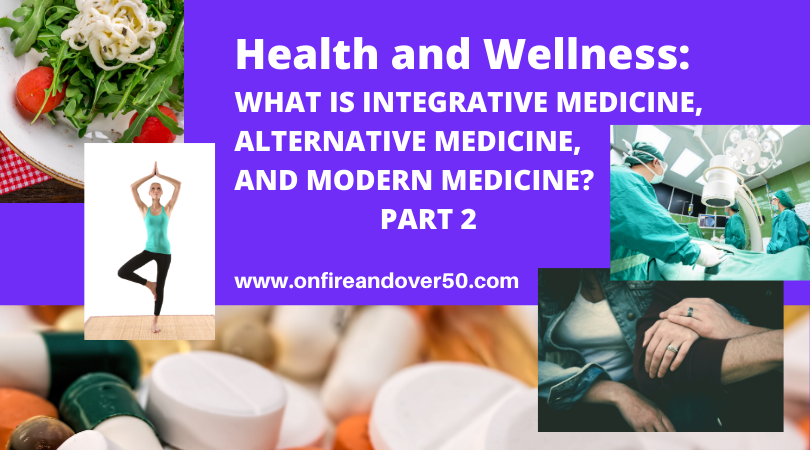
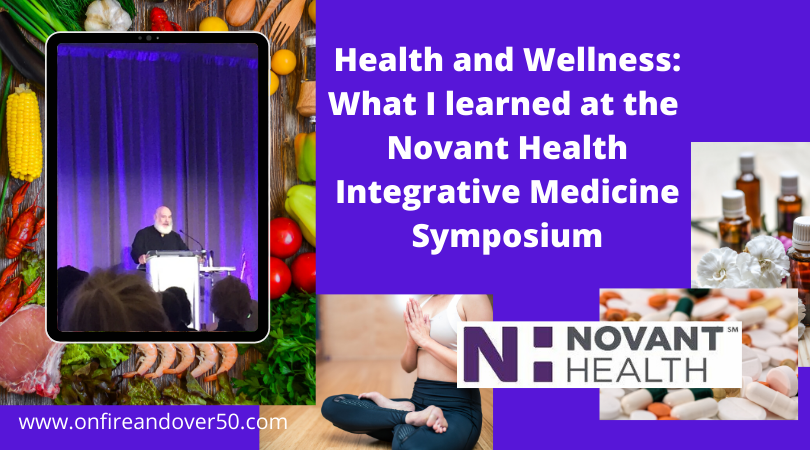
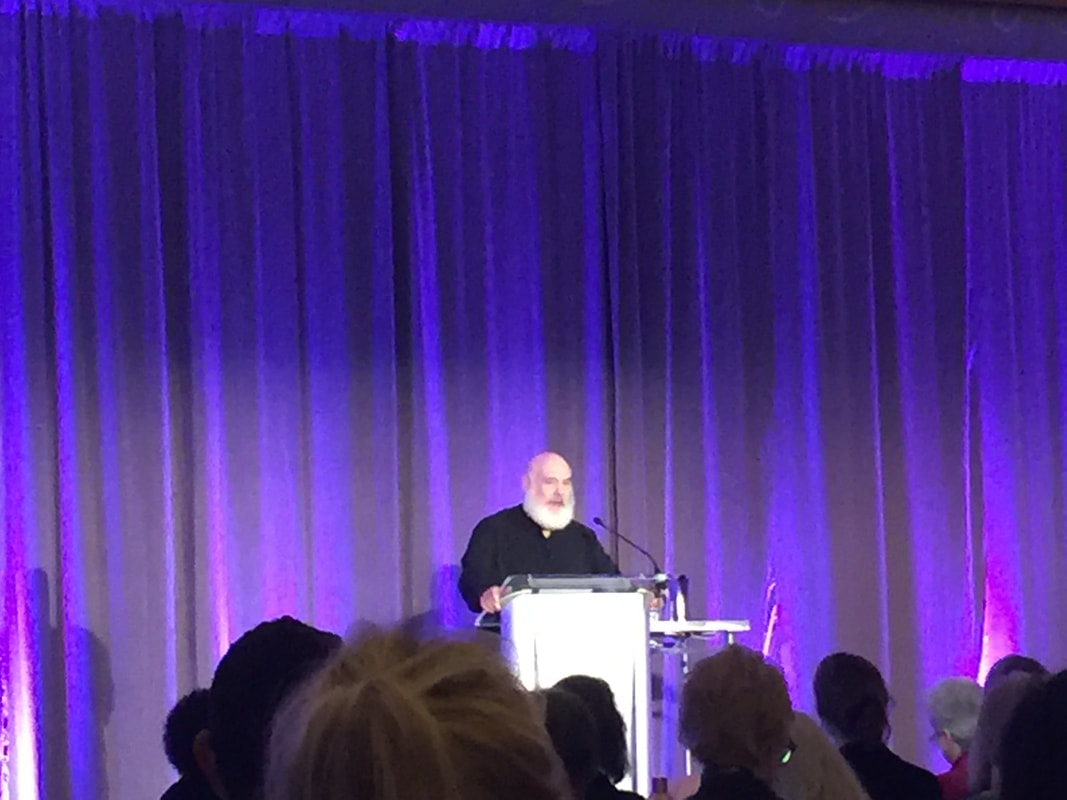
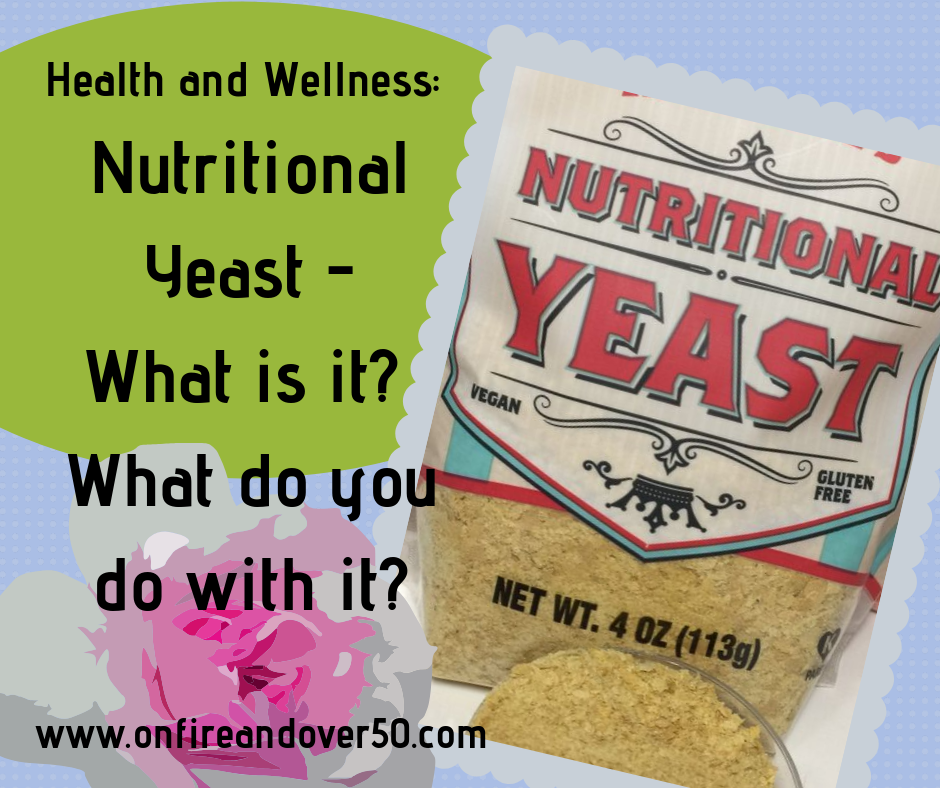
 RSS Feed
RSS Feed